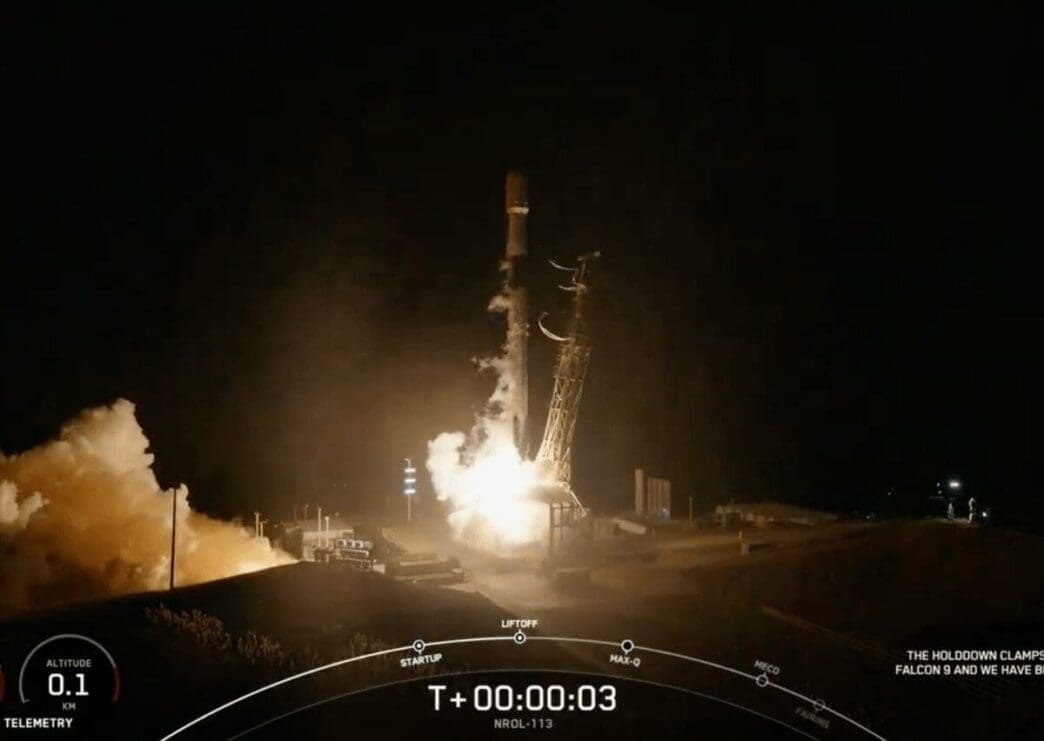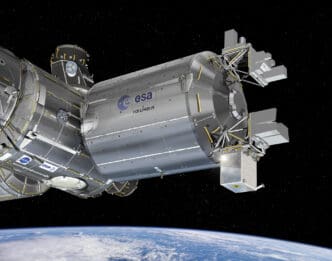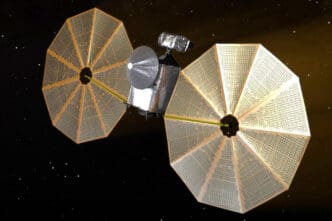As the United States continues to expand its national security space efforts, the delineation of responsibilities among various military branches and agencies remains a critical issue.
The term “space control” has traditionally been linked to military doctrines ensuring secure access to outer space. However, an emerging form, referred to as “the other space control,” focuses on internal roles and responsibilities within the national security space framework.
Since the U.S. Space Force and U.S. Space Command were established in 2019, there have been ongoing discussions about their respective duties. This mirrors the historical Key West Agreement, which divided responsibilities among the military branches following the formation of the U.S. Air Force in 1947. As the current administration revisits space policy, they will encounter decisions from the Antares Talks, which are pivotal in determining which Space Force capabilities align with the U.S. Space Command and those that serve regional commands like the Indo-Pacific Command.
The Antares Talks resulted in a structured agreement on how space capabilities should be employed and managed. However, as these decisions come under scrutiny, the balancing act between regional and global demands will be tested during ensuing administrations. Notably, some military space functions have remained with their original services, such as the Army and Navy, which have their visions for their retained systems. This has led to debates regarding whether these systems should be integrated entirely under the Space Force’s purview.
Satellite operations, particularly those shifting from traditional military aircraft roles, add another layer of complexity. As satellites begin to take over missions previously conducted by aircraft like the JSTARS, the question of whether the military or intelligence agencies should oversee these operations gains prominence. Statutory stakeholders and congressional appropriators have shown significant interest in clarifying these responsibilities, highlighting the ongoing debate over military and intelligence jurisdiction.
The potential creation of a Space National Guard is another strategic consideration on the horizon. While the Space Force Personnel Management Act has introduced a flexible system for transitioning personnel between full-time and part-time duties, discussions of a Space National Guard persist. The integration of citizen guardians who perform federal space missions remains a contentious point, particularly with the new presidential administration likely to address this issue.
Adjusting the organizational framework of national security space is not a static process but one that adapts to technological advances, budget constraints, and evolving threat landscapes. As strategic and operational decisions in space become increasingly consequential, the ongoing reassessment of these frameworks will remain critical. The changes made today will significantly influence the strategic landscape and international perceptions for years to come.
The complex nature of assigning space-related responsibilities within the U.S. defense and intelligence communities underscores the importance of ongoing evaluation and adjustment. With evolving technology and shifting global dynamics, maintaining an adaptable and efficient national security space infrastructure is vital for future success.
Source: Spacenews







